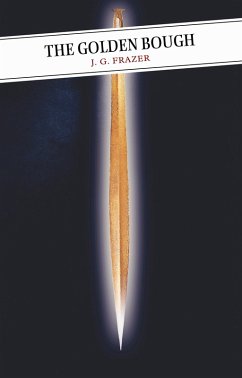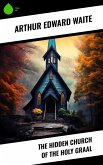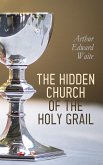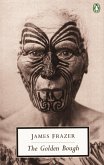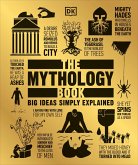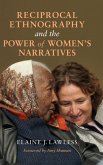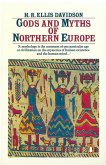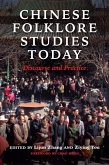The authoritative 1890 edition with an introduction by Cairns Craig and Frazer's own afterword. Published originally in two volumes in 1890, this extraordinary study of primitive myth and magic led Scottish anthropologist J.G. Frazer to identify parallel patterns of ritual, symbols and belief across many centuries and many different cultures. His observations on the mysteries of fertility and death, and the rites of the sacrificial king who must die to save his people, overturned much of contemporary intellectual thinking, not least because of the enlightening or 'heretical' parallels it suggested with the Christian religion. Frazer's elegant and authoritative style, and the breadth of his learning inspired a whole generation of ethnographers and comparative anthropologists, and had a particularly powerful effect on many other thinkers and writers such as Sigmund Freud, D.H. Lawrence, Joyce, Yeats and T.S. Eliot. This definitive volume includes the unabridged original 1890 edition as well as several essays and lectures by Frazer. 'Frazer's work has epic scale yet mesmerizing fineness of detail. We see the great structures of civilization forming and melting against a background of elemental mystery. The effect is cinematic and sublime.' Camille Paglia
Dieser Download kann aus rechtlichen Gründen nur mit Rechnungsadresse in A, D ausgeliefert werden.

